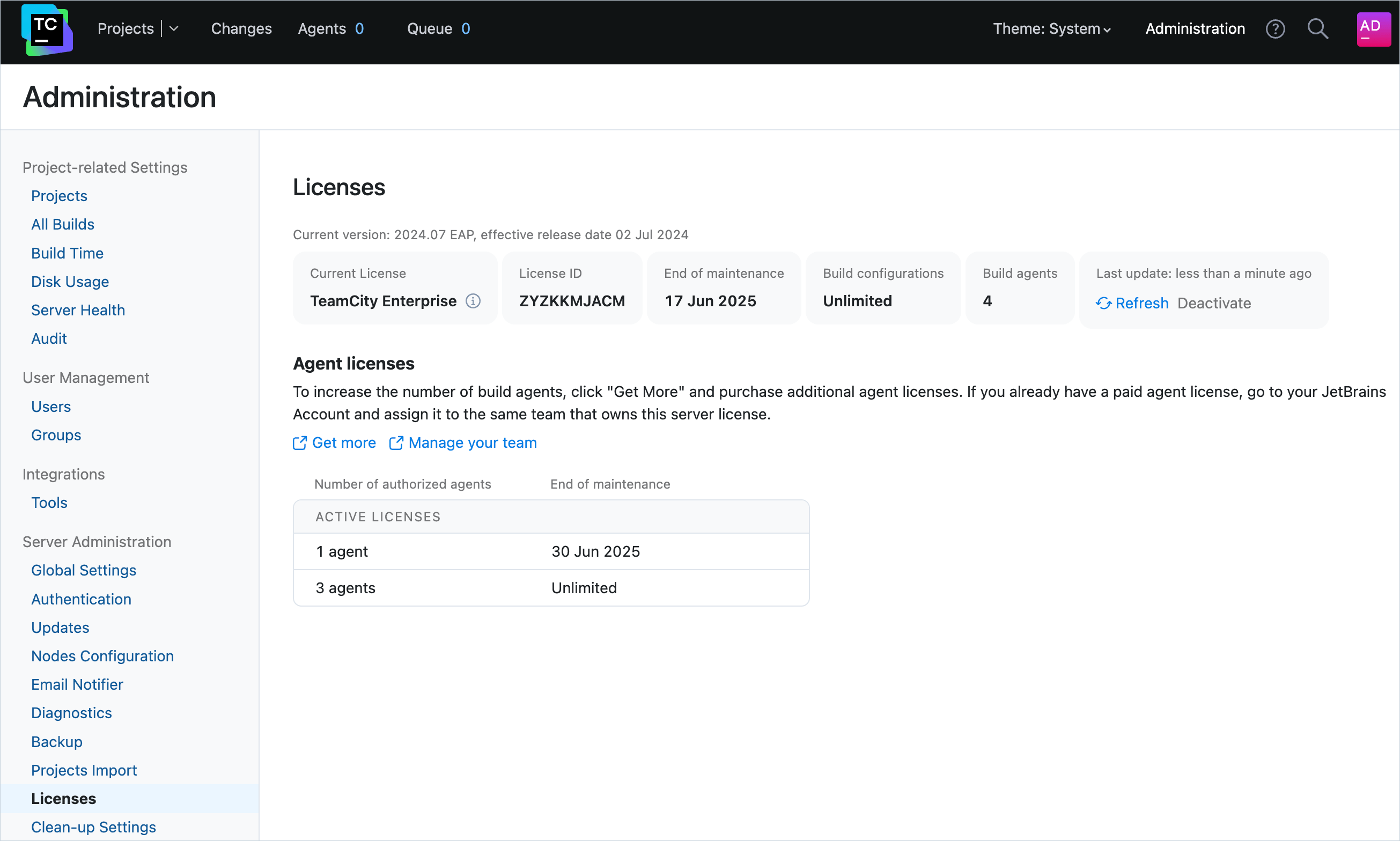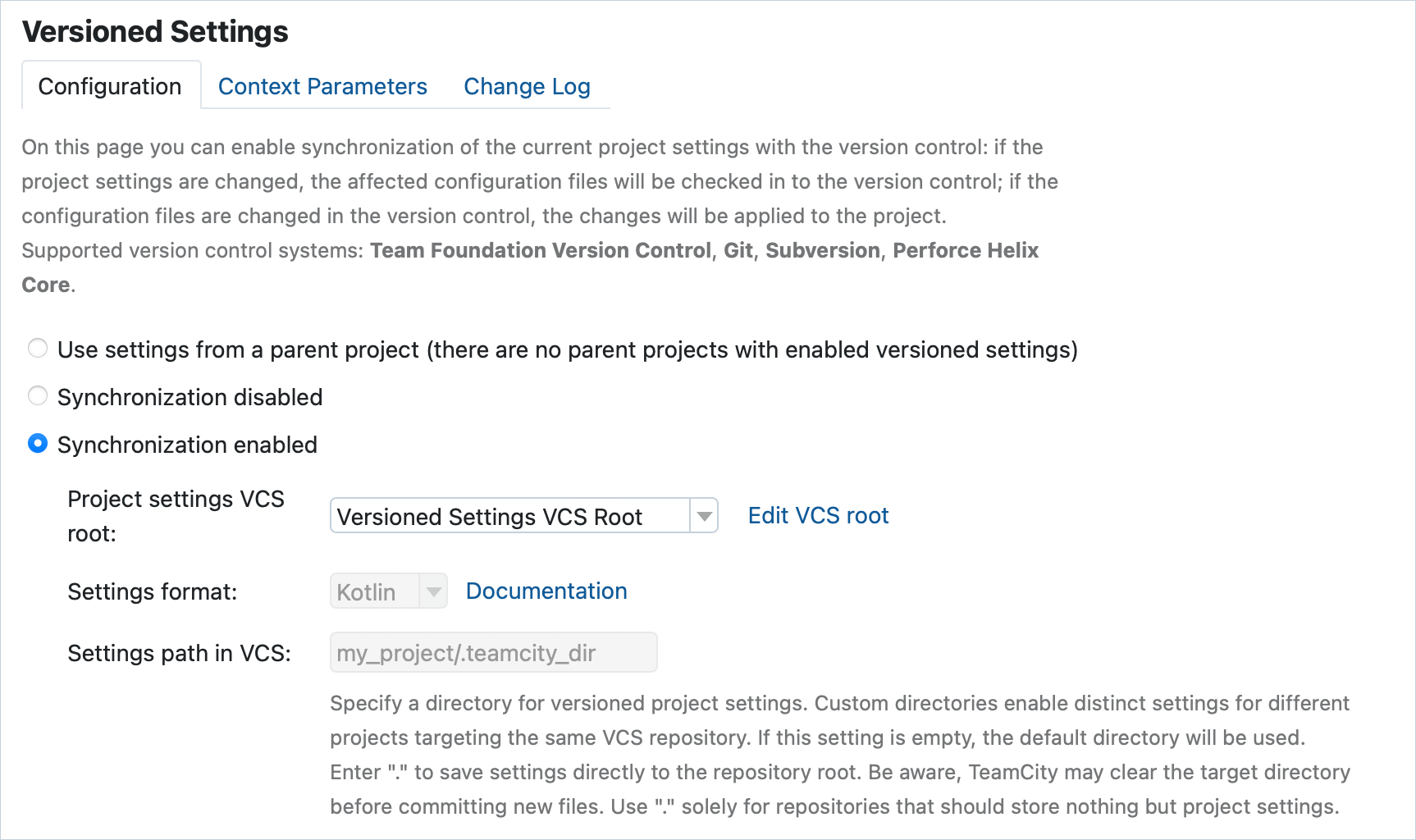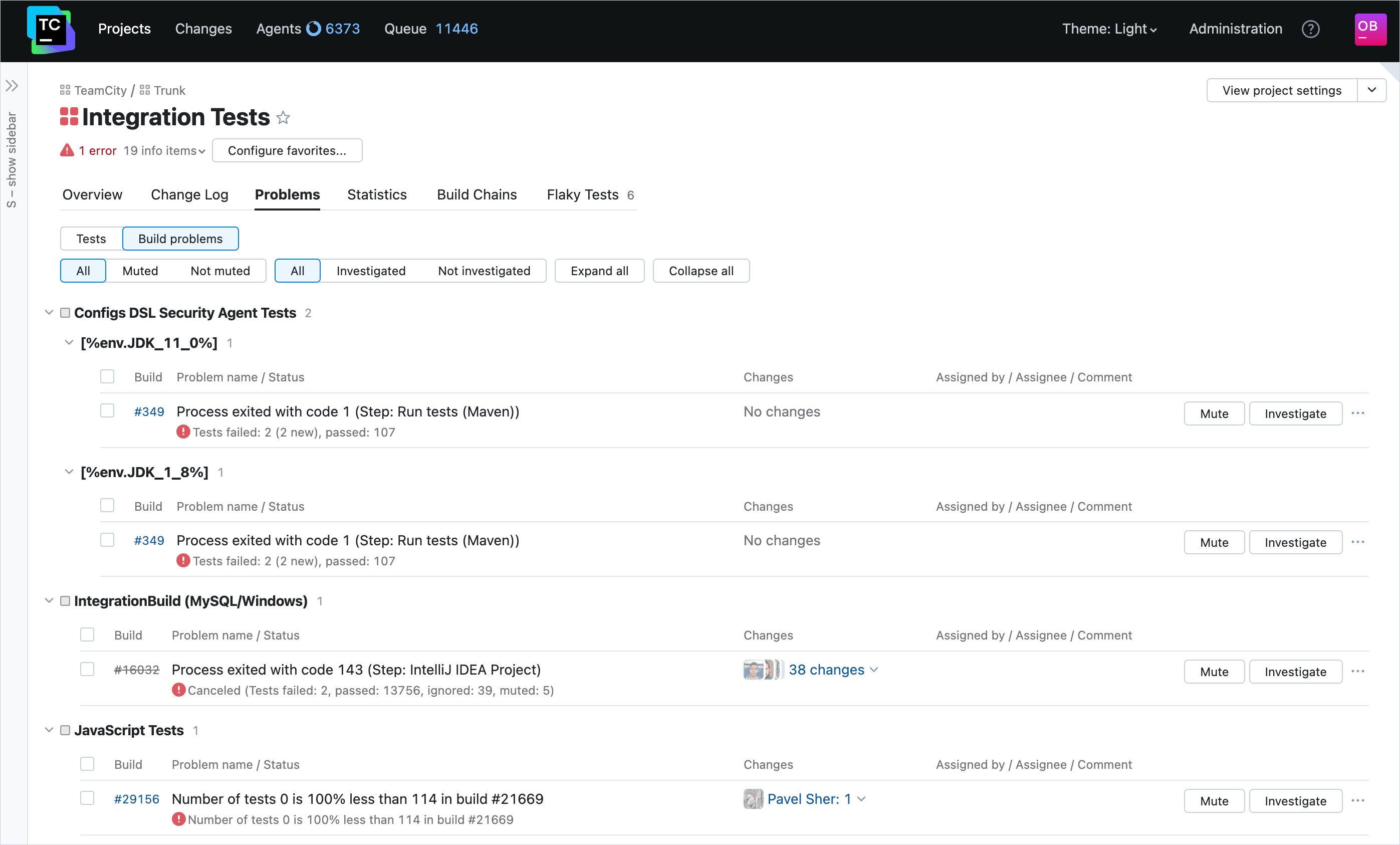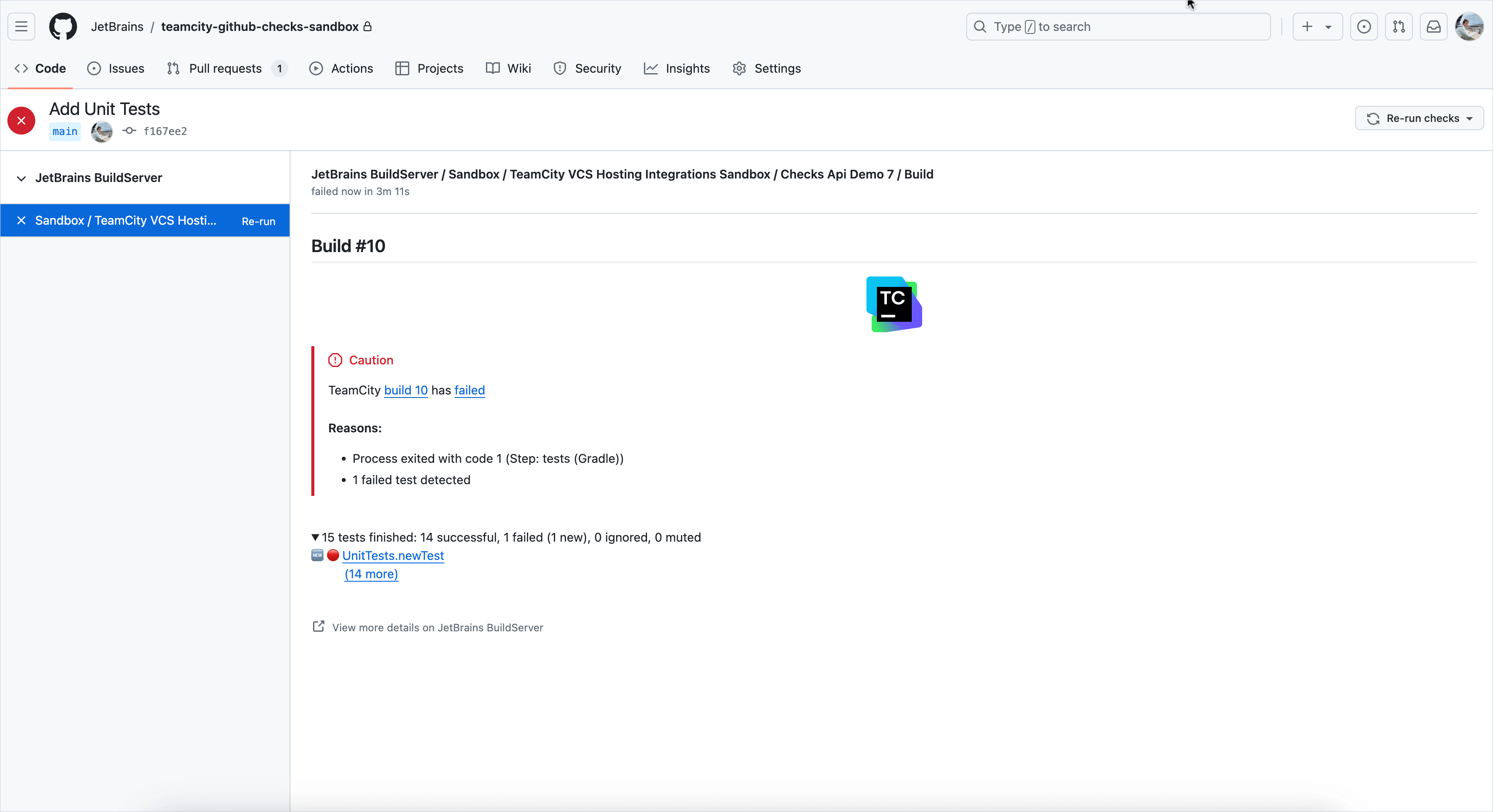TeamCity 2024.07: New Licensing Mechanism, Reworked Problems Page, GitHub Checks Webhook Trigger, and More
TeamCity 2024.07 is here! With this release, we’re introducing a number of highly anticipated features, such as the new licensing mechanism via the unified JetBrains Account, which streamlines license management.
There’s also the new GitHub Checks Webhook Trigger that enables instant build queuing after committing to GitHub and provides updates in rich text format.
Additionally, the updated Problems page offers a centralized location for reviewing any issues with TeamCity tests and builds.
New licensing mechanism for TeamCity accounts
In version 2024.07, we're introducing an option for TeamCity admins to activate licenses through a unified JetBrains Account. You can now connect your JetBrains Account with your TeamCity instance (including TeamCity Professional) and retrieve licenses from the JetBrains Account.
This new feature aims to simplify license management for TeamCity server and agent licenses through your JetBrains Account.

Now, you can simply log into your JetBrains Account from the Licenses page in TeamCity and select a server license for activation. Once connected, TeamCity will automatically update all server and agent licenses, eliminating the need to manually enter license keys for additional agents or license renewals.
Learn more about activating licenses through your JetBrains Account in our documentation.
Custom path in the repository for versioned settings
In TeamCity, you can configure your projects and settings programmatically using the Kotlin DSL and XML format.
Previously, if a project had versioned settings stored in VCS, TeamCity would track only the .teamcity directory. TeamCity could still store versioned settings for all subprojects within a single repository, but only if the main project has versioned settings enabled. This was inconvenient in certain scenarios.
For instance, a broken DSL in a main project blocked updates for all subprojects and other builds.
Another disadvantage of the previous approach was that if changes in one project triggered the Kotlin DSL compilation, the settings were applied for other projects stored in the same repository, even when the applied changes weren’t supposed to affect them.
We’re now adding the ability to configure custom paths in the repository for versioned settings in TeamCity.

Reworked Problems page
TeamCity offers an overview of current problems and investigations at both the project and build levels. Users can manage build configuration errors, failed tests, muted problems, and ongoing investigations, as well as the assignee and status of each issue.
We've redesigned the UI to provide a clearer overview of all issues and their statuses, which can now be found under the unified Problems page.

GitHub Checks Webhook Trigger
This new TeamCity feature allows you to queue builds immediately after pushing a commit to GitHub. It also publishes build statuses in rich text format using Markdown on GitHub.
Not only does TeamCity publish the statuses, but it also creates a GitHub Check Run that runs checks immediately after someone pushes code. This allows users to view statuses and details conveniently within GitHub, eliminating the need to switch back and forth between GitHub and TeamCity.
Additionally, if something goes wrong, users can rerun the checks from GitHub without having to switch to TeamCity.
This trigger is compatible with GitHub App connections that have webhooks enabled.

Uploading SSH keys when creating projects or VCS roots from URLs
In TeamCity, you can create projects or VCS roots from a URL.
Previously, the form for creating a project or build configuration from a URL accepted credentials such as a username and password/access tokens only.

We've now reworked the authentication form so that you can manually choose either the Password/Access token or SSH key option as the authentication type.
TeamCity will also automatically detect and suggest the appropriate type when you insert the URL into the corresponding field. You can also upload a new SSH key on the same page.
Support for Perforce ditto mappings
For some time, Perforce Helix Server has had a one-to-many mapping feature, which allows users to map a single depot path to multiple locations in a client workspace. This feature is also known as ditto mapping.
Starting from TeamCity 2024.07, ditto mapping is supported by TeamCity, too.
Discover the full list of the 2024.07 release features in our documentation.
As always, feel free to reach out to us with any questions or suggestions via the forum or the contact form on our website.